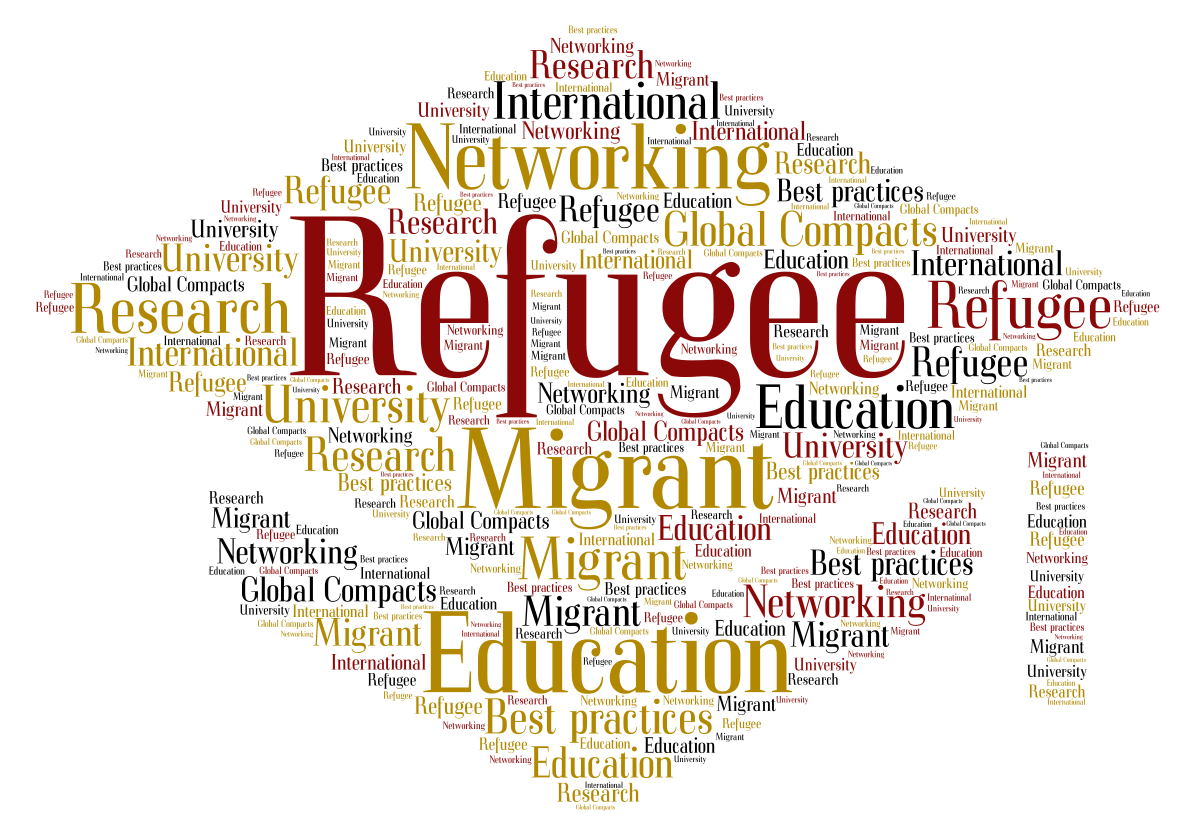Teaching in Multicultural environments

Course Outline
A few words about the course: The mobility of people from war zones or countries facing conflicts or poverty to countries with a safer and more stable socioeconomic environment, has created societies which can be characterized as multilingual and multicultural. In the school environment, children with refugee/migrant background face challenges and barriers, along with other issues concerning their sociolinguistic needs, their ‘’visibility’’ in the classroom and the exploitation of their personal capital. This course is concerned with these very issues, aiming at proposing ways towards a ‘’multilingualization’’ of the school classroom.
Course modules
Methodology
The methodology of this course is based on learning by doing and active learning strategies. The instructional approach is also used in order to provide the theoretical framework but all modules include task-based activities and group work promoting collaboration and synergy among trainees.
Evaluation- feedback
Participants fill in a course evaluation form providing thus feedback on what they have been taught.
